Luxury brands are challenging the UK’s proposed AI copyright reforms, fearing they may undermine intellectual property rights and allow AI-generated replicas of premium designs. This legal battle could reshape the future of high-end fashion and digital creativity.
Luxury brands and creative industries are raising alarms over the UK government’s proposed AI copyright reforms, fearing these changes could dilute intellectual property (IP) protections and allow artificial intelligence models to exploit their creations without fair compensation. The proposed regulations aim to balance innovation and copyright ownership, but luxury fashion houses, artists, and designers argue that such reforms could set a dangerous precedent.
As AI-generated content becomes increasingly sophisticated, concerns about originality, ownership, and brand value intensify. This battle between tech progress and IP protection could shape the future of fashion, art, and premium industries.
Headlines
📌 The Proposed AI Copyright Reforms: What’s Changing?
- The UK government is considering loosening copyright laws to facilitate AI training.
- AI companies would be allowed to use copyrighted materials for machine learning without explicit permissions.
- The reform aims to drive AI advancements while addressing copyright holders' concerns.
📌 Why Luxury Brands Are Sounding the Alarm 🚨
- Threat to Exclusivity: High-end brands rely on unique, carefully crafted designs; AI-generated replicas could flood the market.
- Loss of Revenue: AI-generated fashion collections or artistic creations could bypass licensing fees, harming original creators.
- Brand Identity at Risk: Luxury houses fear losing creative control if AI models can freely use their copyrighted works.
📌 The Impact on Intellectual Property Rights 💼
- Luxury Fashion: AI could generate near-identical versions of designer collections, challenging originality.
- Art & Design: Artists and designers worry their unique styles could be replicated without permission.
- Music & Media: AI-generated music and media content could bypass royalties, impacting the entertainment sector.
📌 AI’s Role in the Fashion Industry 👗
- Some brands, like Gucci and Balenciaga, have embraced AI for marketing and design.
- AI-generated fashion shows and collections are gaining traction.
- However, these same brands fear unauthorized AI-generated replications.
📌 Benefits vs. Drawbacks of the Proposed Reforms
✔️ Potential Benefits
✅ Accelerates AI innovation in creative fields.
✅ Encourages AI-driven fashion and design concepts.
✅ Could democratize access to premium styles and trends.
❌ Major Drawbacks
❌ Risk of brand dilution through AI-generated knockoffs.
❌ Reduced revenue for original designers and creators.
❌ Legal ambiguity over who owns AI-generated designs.
📌 Industry Reactions: Luxury Giants Speak Out 🗣️
- Burberry CEO: \The heart of luxury is exclusivity. AI copyright reforms threaten this foundation.\
- Louis Vuitton Creative Director: \We are not against AI, but we must protect craftsmanship and heritage.\
- UK Government Response: Officials argue the reforms will create a fair balance, but luxury leaders remain skeptical.
📌 What’s Next? Will The Reforms Move Forward?
- The UK Parliament is reviewing industry feedback.
- Potential for legal battles if the reforms weaken IP protection.
- Other countries, including the US and EU, are closely monitoring the outcome.
📢 Conclusion: The Future of AI and Luxury Branding
As AI continues to redefine the creative landscape, luxury brands are at a crossroads. While artificial intelligence presents opportunities for innovation, it also raises complex legal and ethical questions about originality and ownership. The coming months will be crucial in determining whether the UK’s AI copyright reforms strike the right balance—or spark a major industry-wide battle.

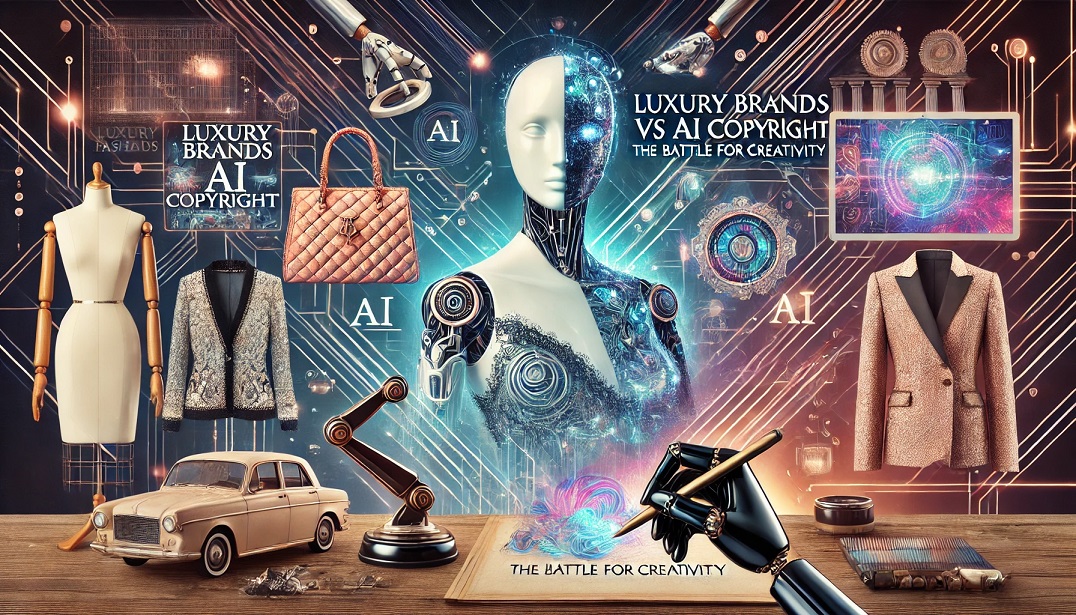

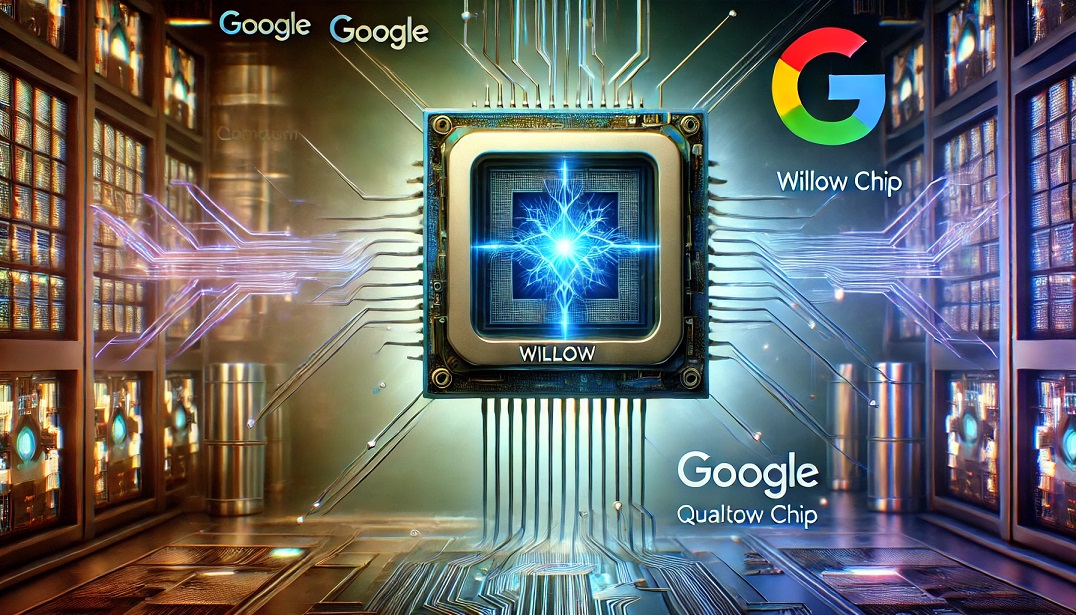
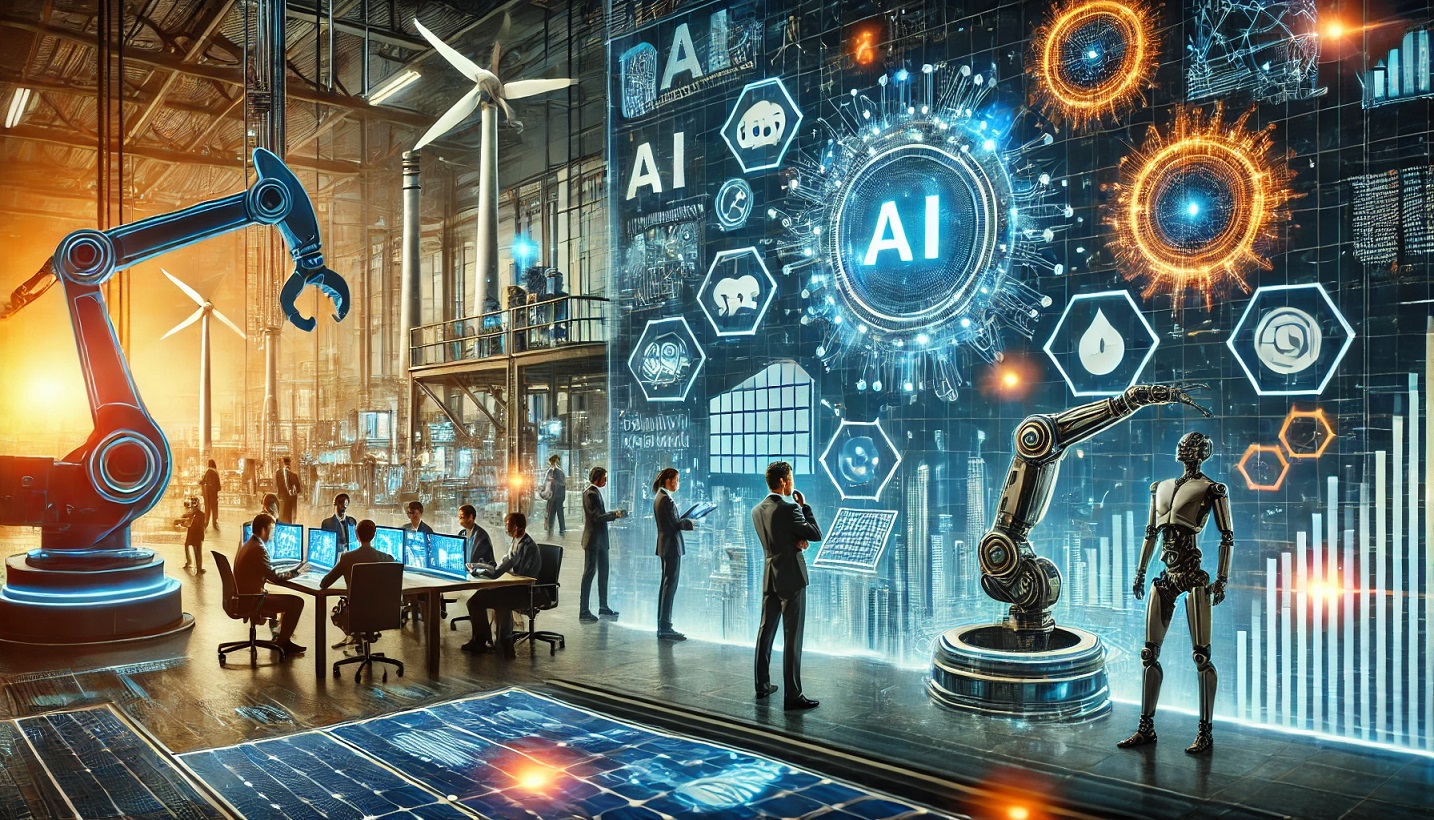
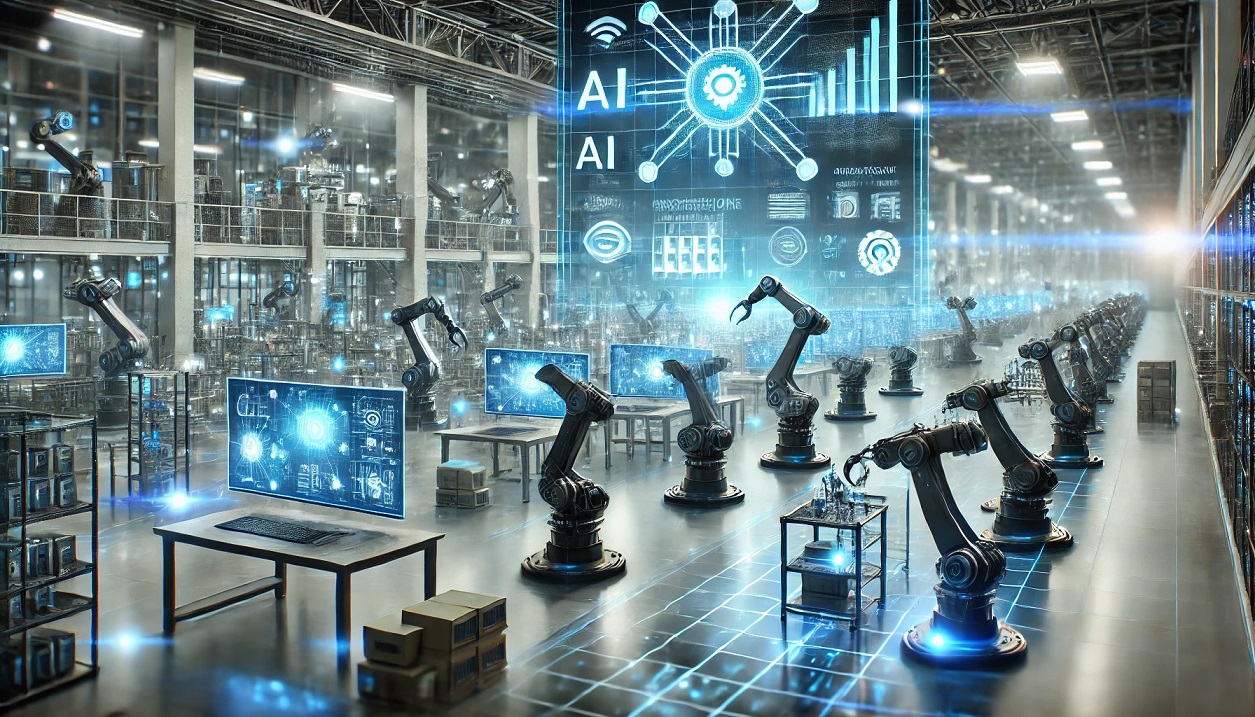

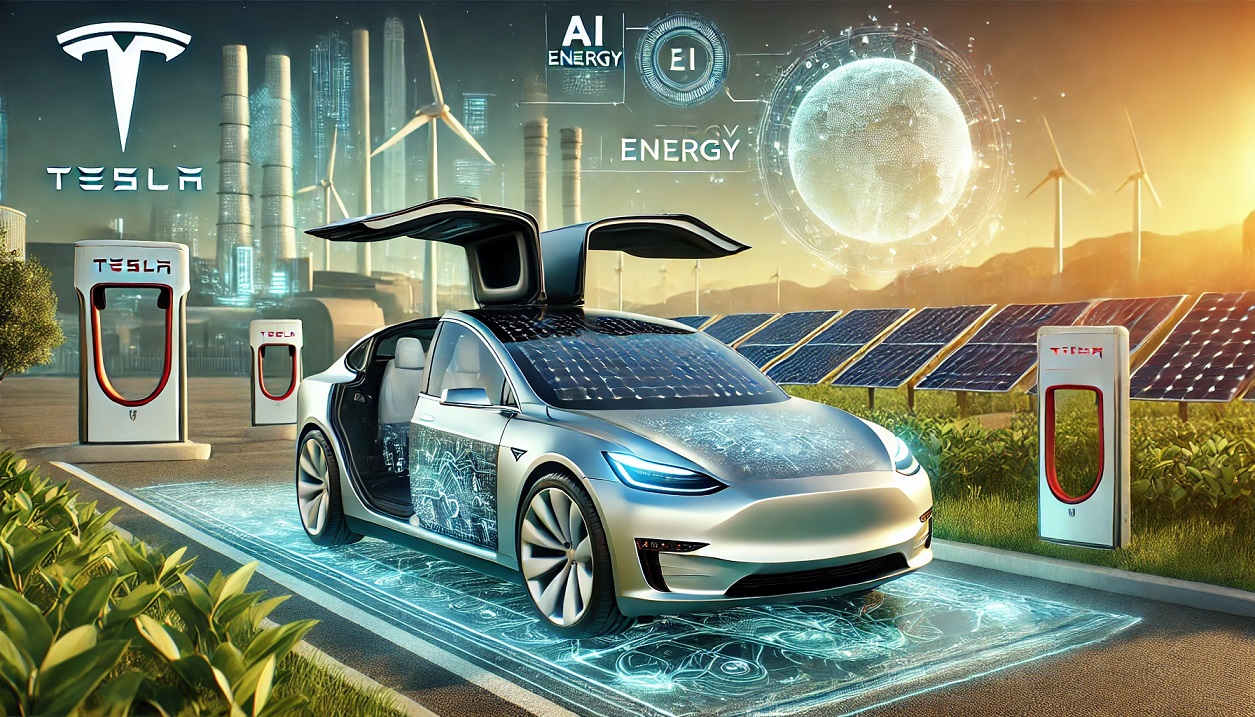
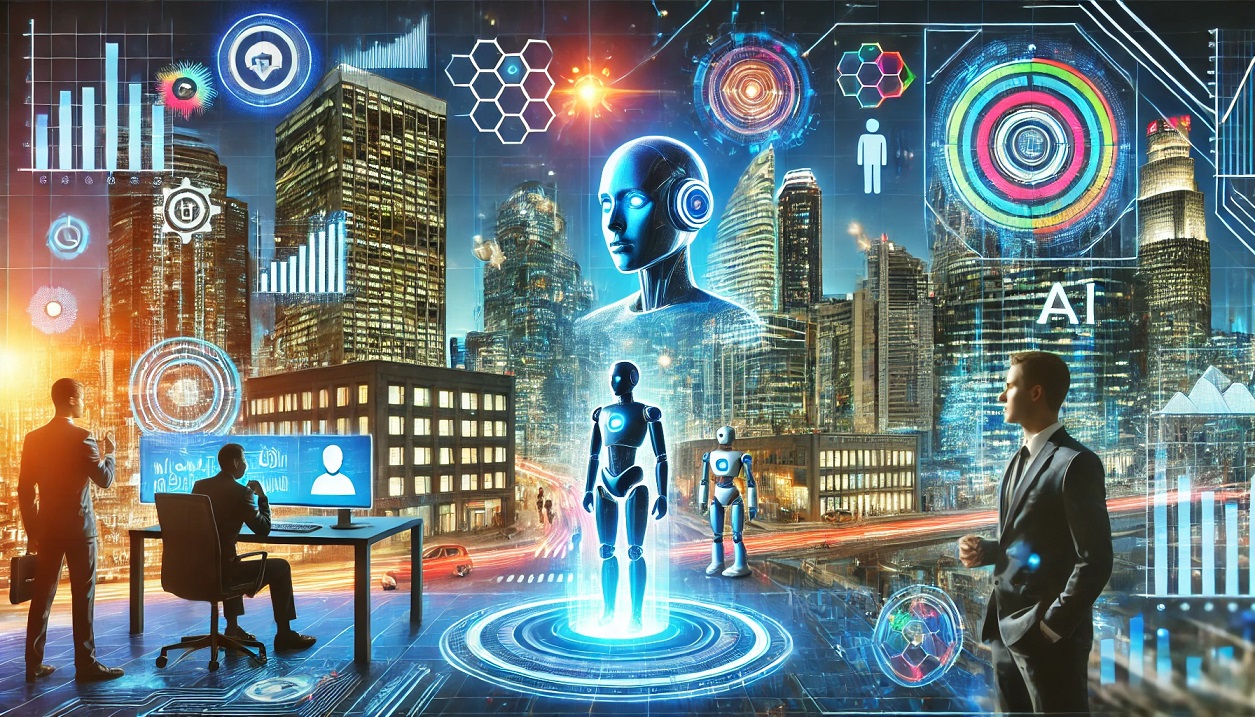

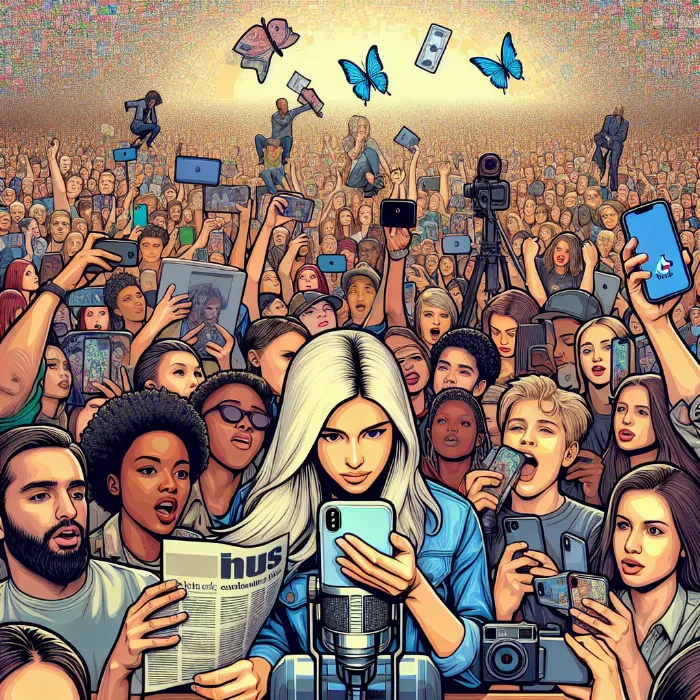
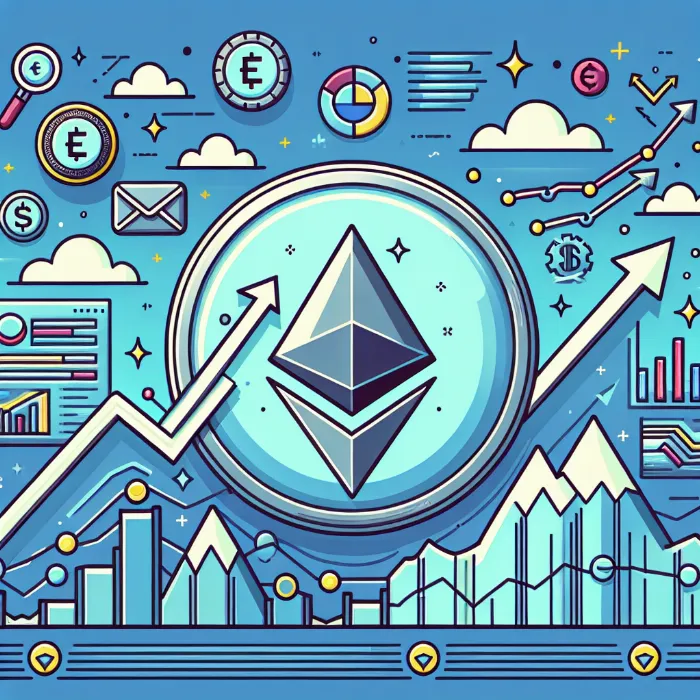
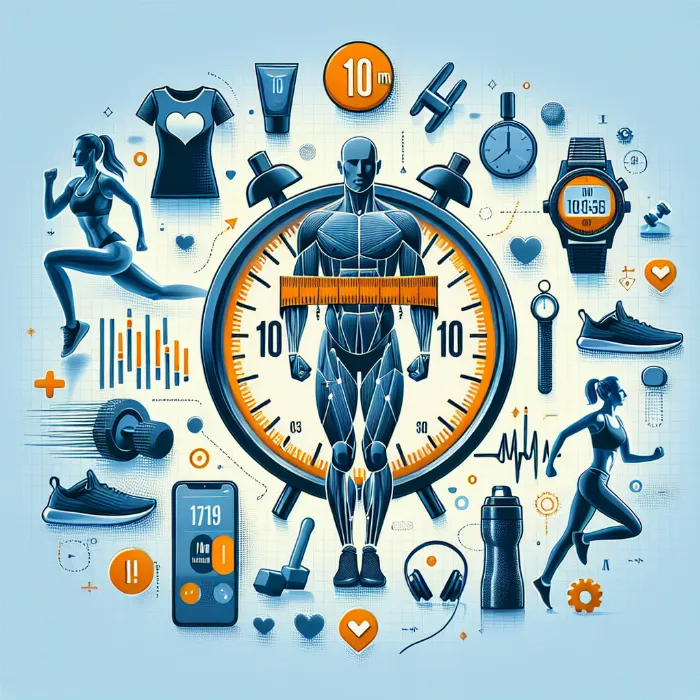

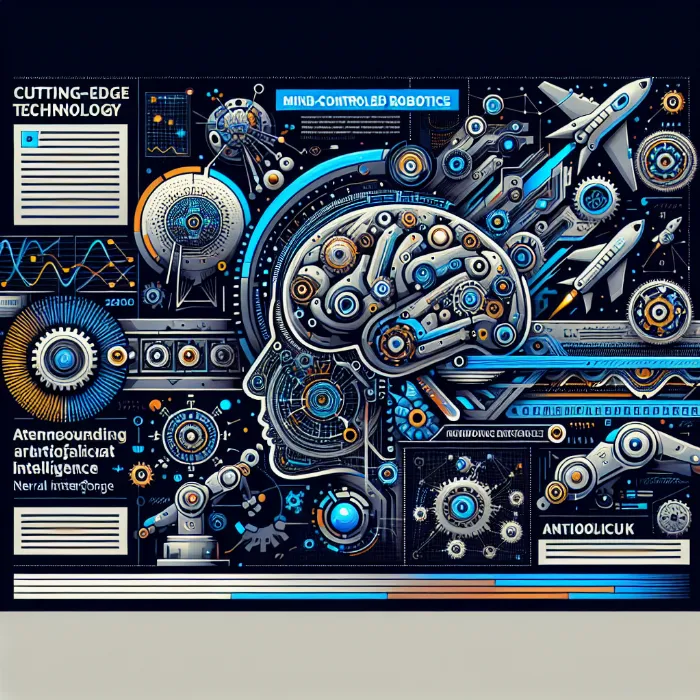
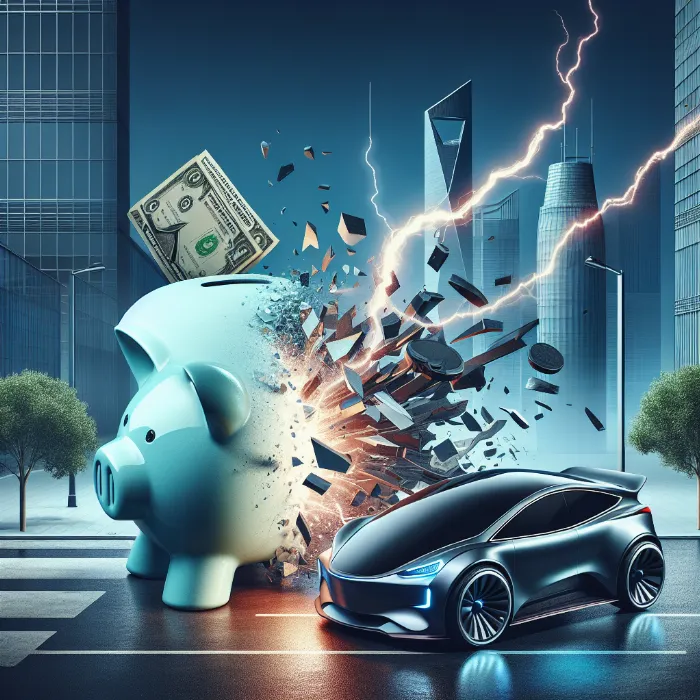

Comments 0